Tag: standards
-
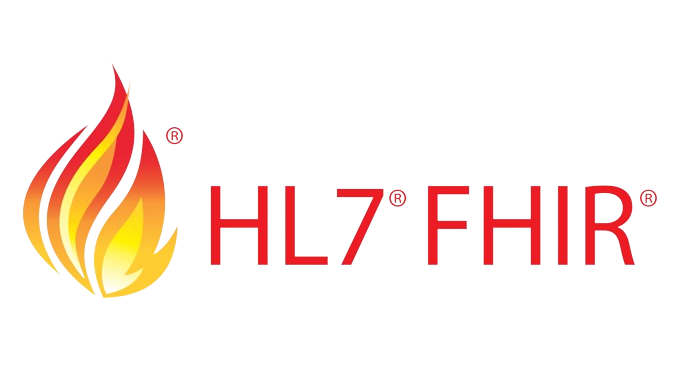
HSDS is now interoperable with FHIR®
As integration of healthcare and social care sectors becomes an ever-hotter topic, we’re excited to announce that we’ve taken a small but significant step forward: the Human Service Data Specifications are now aligned with the protocols for healthcare provider directory information specified by the Health Level Seven (HL7®) Fast Healthcare Interoperability Resources (FHIR®). Continue reading…
-

Introducing Profiles: customize our standard for your domain!
We designed the Human Service Data Specifications (HSDS)to make it easy to share information about human services of any kind. But given the many nuanced differences across human service sectors – and states and countries and etc – it’s just not feasible to standardize every possible kind of information associated with any kind of service anywhere.…
-
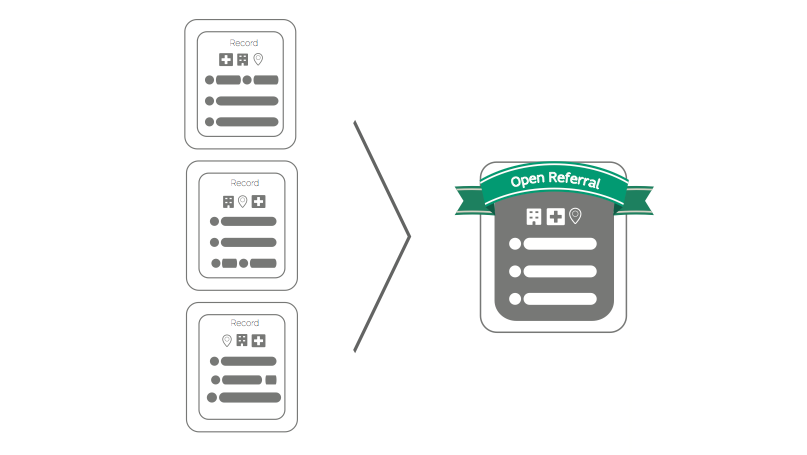
Introducing Version 3.0 of the Human Service Data Specifications
UPDATE: As of May 1st 2023, this upgrade is considered official! Thanks to our workgroup and all those in the community who contributed input. Read below for details.[This post is from Dan Smith, Open Data Services Cooperative’s Partnerships Lead for Health, Social and Physical Activity Data. Welcome, Dan!] We are excited to share a proposal…
-

Upgrading the Human Service Data Specifications: 2022 development cycle underway
As Open Referral’s network grows – involving more stakeholders in the development of interoperable resource directory information supply chains – our tools and practices must evolve in kind to support more complex needs. So we are excited to share that Open Referral has initiated a new development cycle to upgrade the Human Service Data Specifications.…
-

Tackling Data Dilemmas in Social Care Coordination: A Whitepaper on Community Information Exchange
Last year – with sponsorship from Robert Wood Johnson Foundations’ DASH program, and in partnership with the Regional Data Alliance at University of Missouri St Louis – I co-authored a whitepaper that aggregated research and recommendations from across the emerging field of “social care coordination.” This paper provides a strategic framework in which to understand…
-
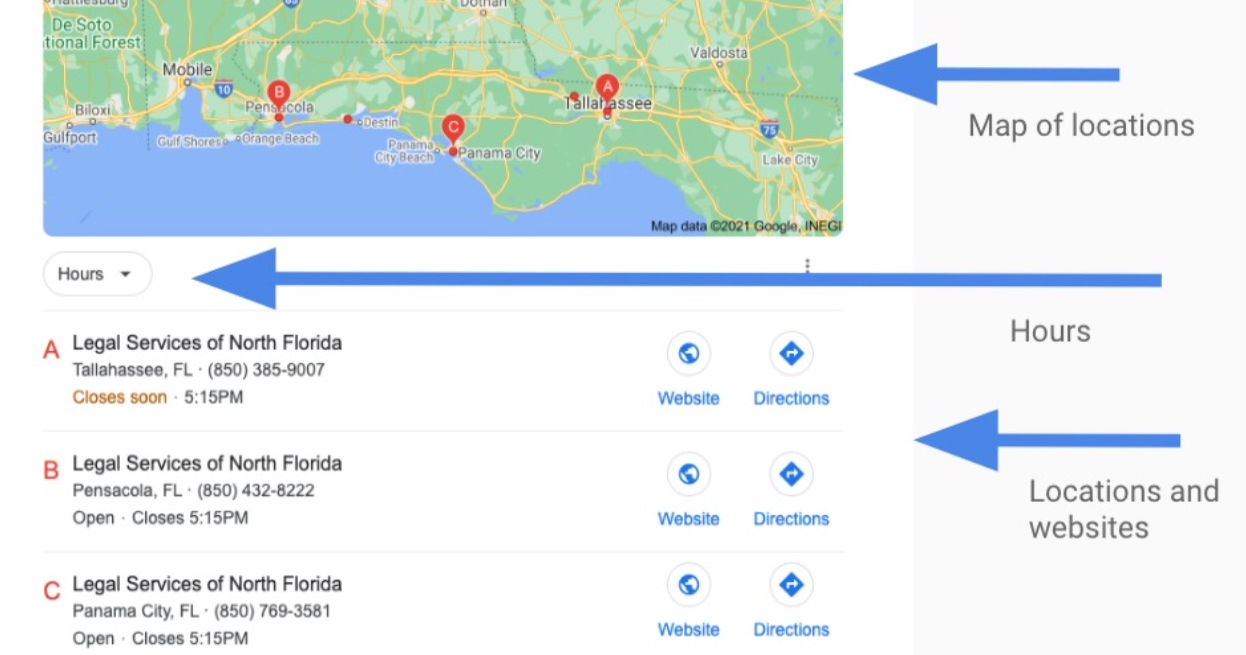
Improving access to legal aid by improving search results with schema.org
Despite the vast amounts of information on the Web, finding reliable information about legal services through internet searches is harder than many expect. Basic searches — for needs like assistance with evictions, help with public benefits, or protection from domestic violence — often turn bewildering as results on Google, among other search engines, typically seem…
-
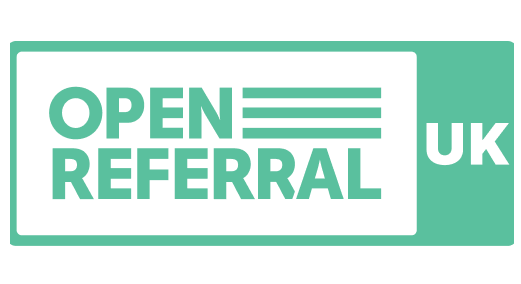
UK Government endorses Open Referral UK
Welcome back to our blog Mike Thacker of Porism Limited. Porism is a technical partner of the Local Government Association (LGA), a membership organisation of English local authorities which owns the Improvement and Development Agency for local government (IDeA). Porism also works with iStandUK, a local government standards body that promotes efficiency, transformation, and transparency of local…
-
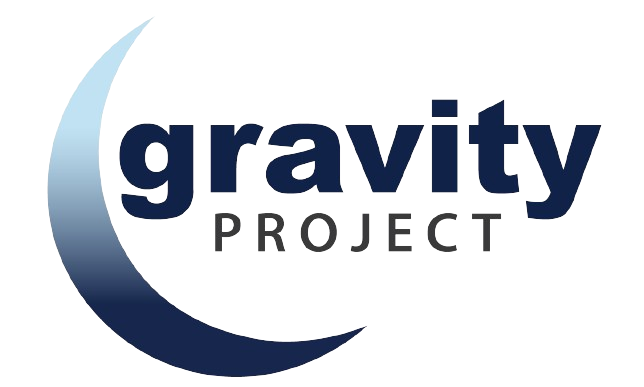
Supporting the Gravity Project to expand interoperability among health, human, and social services
Often people ask how we enable care providers to actually refer their clients to another service. The answer is, well, Open Referral doesn’t actually deal with the process of “making a referral” at all! We’re working to ensure that there’s open access to information about the services to which someone might be referred. But the…